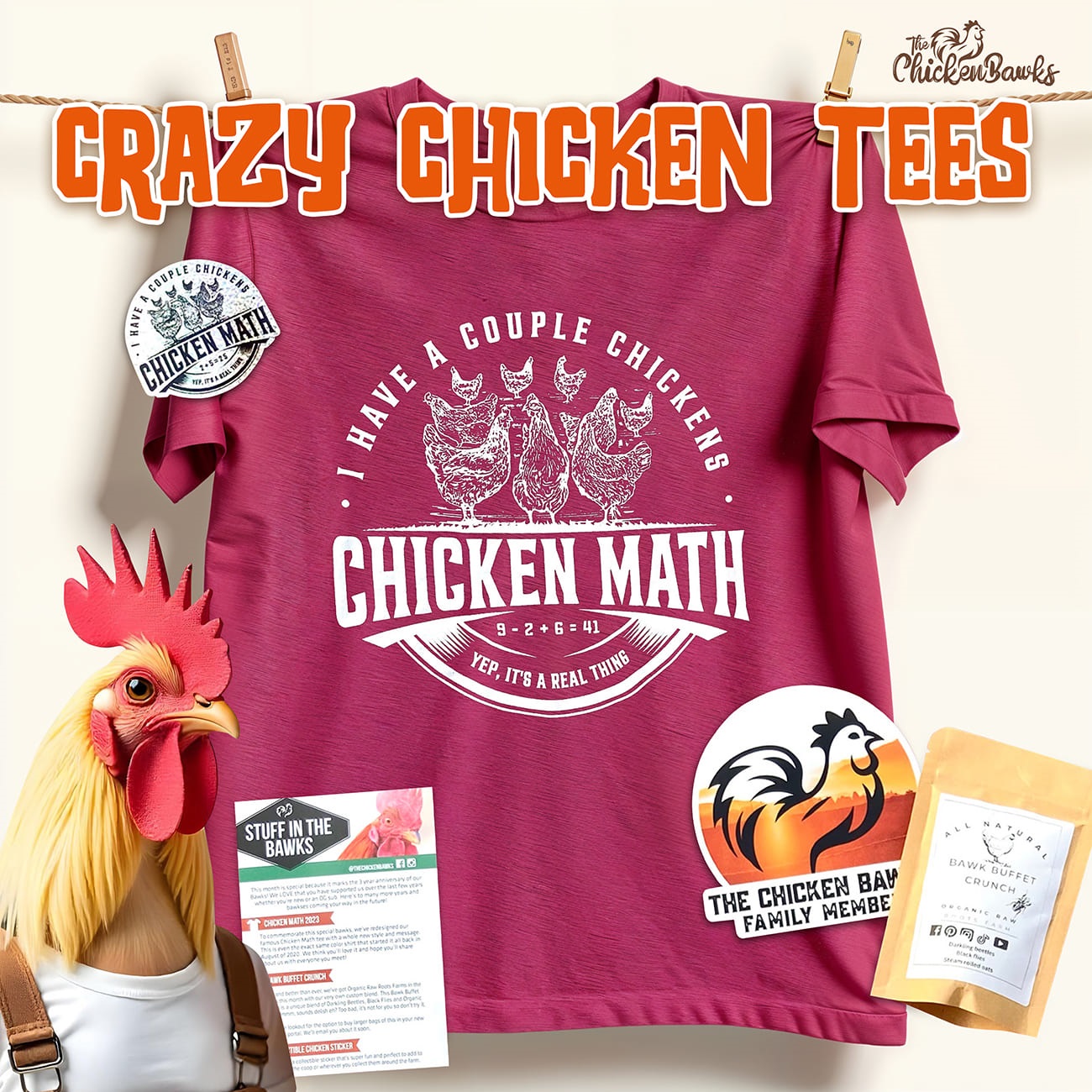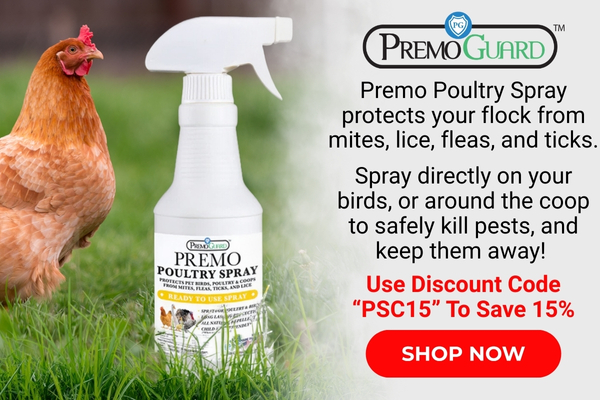Chicken Gout
Researched By Lisa Vaughn
When
you hear the word Gout I bet your pet chicken isn't the first thing
that pops into your mind. Well, guess what...Chickens can get gout and
it kills.
So what is gout?
Gout
is a chronic and progressive disease. It is caused by too much uric
acid in the body. The excessive uric acid leads to the formation of tiny
crystals of urate that lodge in the tissues and joints. When these
crystals lodge in the joints they cause lots of pain and joint
destruction. They can also lodge in the kidney, reducing kidney function
and in poultry; it can lead to rapid death.
How does gout happen and affect my birds?
Birds
excrete nitrogenous waste as urate bound with mucus in their urine.
Renal disease decreases the amount of uric acid removed from the blood
causing an acute or chronic increase in uric acid in the body. Most
cases of gout in poultry are a result of dehydration, eating laying feed
before laying age (>3% calcium content), renal infection by renal
damaging strains of infectious bronchitis or infection by a
Avian
nephritis (causes inflammation of the kidney) virus. Chronic disease is
less common, but is seen in cases with chickens with hereditary defects
in uric acid metabolism or that are fed excessive protein.
Gout and Kidney Stones.
The
same excess urate acid crystals that cause gout can also build up in
the kidney and create kidney stones Kidney stones are common in older
laying chickens. Most cases are due to feeding high-calcium laying feed
to hens not in egg production, infection with infectious bronchitis
virus, or severe Vitamin A deficiency. If the kidney stones cause a
complete blockage in both ureters the birds will die. If the blockage is
incomplete or only affects one ureter the birds will survive, but in a
compensated state,
suffering with renal failure and chronic urate deposits in the joint spaces.
How do I know if my chicken has Gout?
The
symptoms of gout are pretty vague and could be similar to many other
diseases. Most birds are depressed and lose weight. I have been told by
some breeders that their birds would crouch or sit and
their
combs and wattles would be pale. These birds usually died within hours
of the onset of these symptoms. The only way to know that your bird has
gout is to have them tested after they die with a necropsy. Some birds
will develop malformed toes and feet from the buildup of urate crystals
in the
joints of the feet.
Prevention
To
prevent gout in your flock wait to feed your birds laying feed until
after they have started laying. Don't start your birds on layer feed
before they begin laying, it's not necessary; it won’t make them start
laying any sooner and is potentially very dangerous. If possible, don't
give your roosters laying feed. Don’t give your birds extra protein.
Feeding things like canned cat food or game bird feed, both of which are
very high in protein, can be very dangerous for your birds. Try to keep
your birds secure and always quarantine any new birds. You don't want
to introduce any virus or disease, some of which are damaging to the
kidneys. Make sure your birds always have access to clean, fresh water.
Dehydration, especially during these hot summer months can be very
damaging to the kidneys and result in sudden losses or chronic kidney
disease.
What can we help you find? Search the website:
What's New Around Here?
-
ME - Aruacana Hatching Eggs & Chicks
Email: downeastaraucan@gmail.com Website: https://www.hatchaholics.com/store/downeast-araucana/ Large Fowl Varieties: Black, Blue, and Silver NPIP certified -
IN - Indian Runner Ducks, Pairs of grey, pairs of white, grey drakes.
White and Grey Indian Runner ducks bred to the standard of perfection! One grey pair and several white pairs. grey and white drakes also available. Jane -
VA - Modern Game Bantams in Blue, Black, BB Red, White, Birchen, Red Pyle, and Brown Red
VA- Modern Game Bantams in Blue, Black, BB Red, White, Birchen, Red Pyle, and Brown Red. Contact Bill 540-680-8194. Located in Warrenton, Va. Local pickup








